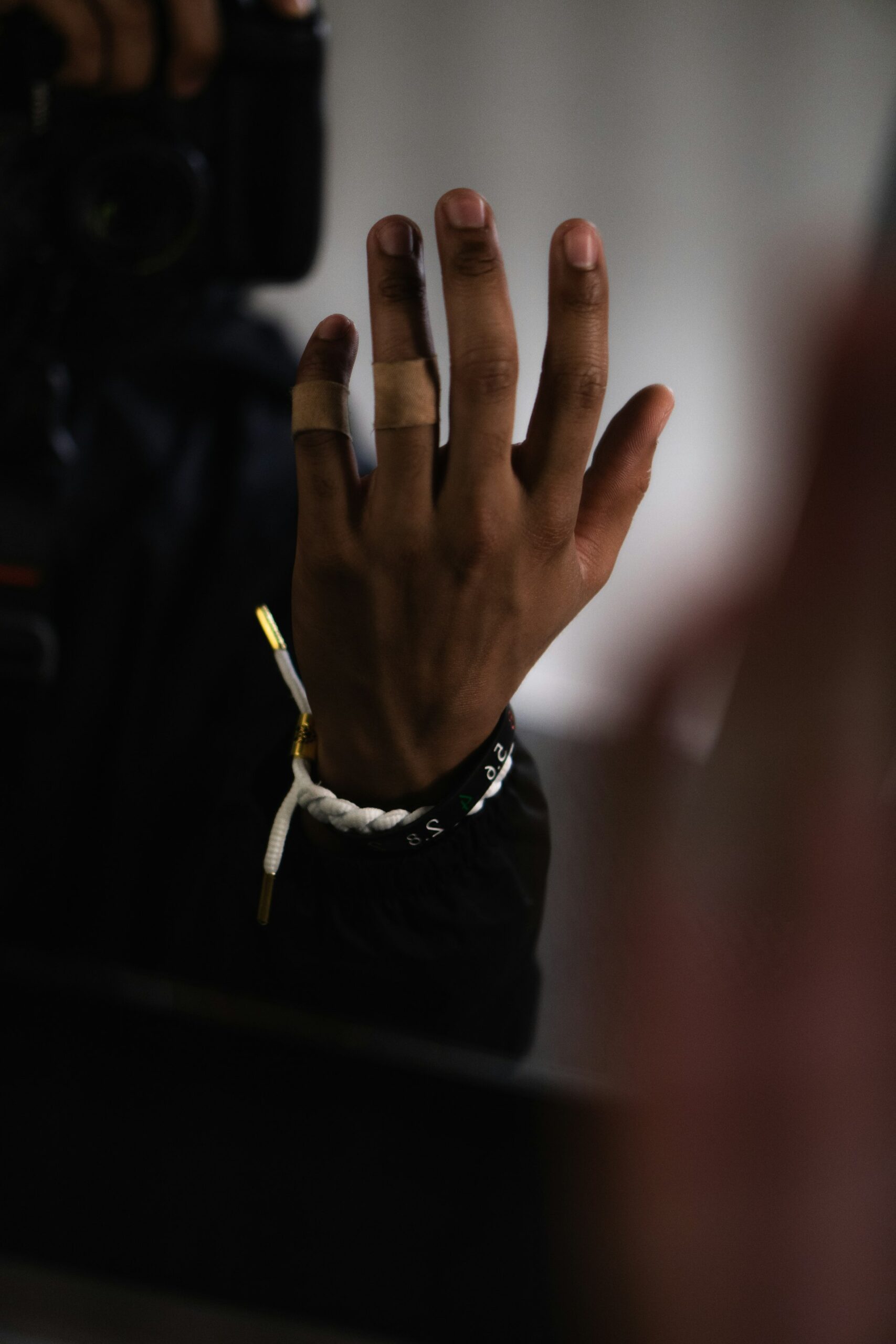The Road Ahead: Esports and the Olympic Games – Opportunities, Challenges, and Industry Impact

Photo by Chen Liu on Unsplash
Introduction: Esports and the Olympic Movement
Esports has become a global phenomenon, drawing massive audiences and generating billions in revenue. Its rise has sparked ongoing debate about its place within traditional sports institutions, most notably the Olympic Games. In recent years, the International Olympic Committee (IOC) has taken concrete steps to formally include esports, culminating in plans for the Olympic Esports Games. This article explores the future of esports in the Olympic Games, examining the opportunities, challenges, and actionable steps for industry stakeholders, athletes, and fans.
1. The IOC’s Landmark Decision and the Olympic Esports Games
In 2023, the IOC announced the creation of the Olympic Esports Games, aiming to launch the inaugural event in 2025 in Saudi Arabia. This decision followed years of experimentation, such as the Olympic Virtual Series in 2021 and the Olympic Esports Series in 2023, which featured titles based on physical sports like baseball, cycling, and motorsport [1] . The IOC’s strategy is clear: engage younger audiences who are increasingly disinterested in traditional Olympic disciplines and bridge the gap between physical and digital competition [3] .

Photo by Umanoide on Unsplash
However, organizing a global esports event under the Olympic brand presents logistical and legal obstacles. In 2024, the IOC announced that the Olympic Esports Games would be delayed until 2027, with a “road to the Games” beginning in 2025 [2] . The partnership between the IOC and the National Olympic Committee of Saudi Arabia will last 12 years, ensuring continuity and scale for future events [3] .
2. Opportunities for Stakeholders
The Olympic Esports Games represent a unique opportunity for athletes, game publishers, sponsors, and national federations:
- Global Recognition: Esports athletes can compete under the Olympic banner, lending legitimacy and prestige to their achievements.
- Industry Growth: The event is expected to accelerate investment in esports infrastructure, coaching, and talent development worldwide.
- Youth Engagement: By embracing digital competition, the IOC aims to attract younger viewers, revitalizing interest in the Olympic brand [1] .
- Diversity and Inclusion: The IOC has committed to gender equality and broad international participation, with collaborations planned between federations and committees already active in esports [3] .
For game publishers, participation in the Olympic Esports Games can open new markets and increase brand visibility. Sponsors and advertisers benefit from access to a growing, engaged demographic that traditional sports may struggle to reach.
3. Challenges Facing Esports Integration
Despite its promise, integrating esports into the Olympic Games faces significant hurdles:
-
Game Selection:
The IOC has excluded popular titles such as
Counter-Strike
,
Dota
,
League of Legends
, and
Valorant
due to concerns over violence and the lack of a unified international federation [4] . - Governance: Esports does not have a single international governing body, complicating efforts to standardize rules, athlete eligibility, and anti-doping protocols.
- Intellectual Property (IP) Issues: Game publishers hold IP rights, requiring complex licensing agreements for Olympic use. This has contributed to event delays and necessitates ongoing negotiation [2] .
- Traditionalist Resistance: Some stakeholders question the legitimacy of esports as a sport, citing its digital nature and lack of physical exertion [5] .
Overcoming these challenges requires collaboration between the IOC, publishers, national committees, and the broader esports community. Transparent frameworks for game selection, athlete representation, and event governance will be critical.
4. Step-by-Step Guidance for Accessing Esports Opportunities in the Olympic Movement
For those seeking to participate or engage with Olympic esports, consider these steps:
-
Monitor Official IOC Announcements:
Stay updated through the
International Olympic Committee
‘s official website and social media for news on qualifying events, game titles, and registration deadlines. Search “Olympic Esports Games” on the IOC’s official communications. - Connect with National Olympic Committees: Many countries have Olympic committees with dedicated esports representatives. Reach out for guidance on athlete selection and national team formation. Use official committee websites for contact information.
- Engage with Local Esports Federations: Local and national esports organizations can offer training, events, and pathways to Olympic qualification. Search for recognized federations in your region.
- For Game Publishers: Initiate dialogue with the IOC regarding licensing and event participation. Publishers may need to negotiate terms for game inclusion, branding, and athlete eligibility.
- For Sponsors and Marketers: Identify opportunities to support athletes, teams, or events through sponsorships. Monitor IOC and event organizer releases for partnership options.
Where direct links cannot be verified, use official agency names and search terms (e.g., “IOC Olympic Esports Games”), or contact national Olympic committees through their established channels.
5. Alternative Pathways and Global Case Studies
Esports has already achieved recognition in other multi-sport events, such as the Asian Games and Southeast Asian Games, where it is a full medal discipline. The Asian Games first featured esports in 2007 and expanded its role in 2023 [4] . These regional precedents illustrate practical pathways for integrating esports into major sporting frameworks and highlight the importance of collaboration between international and national bodies.
For example, in the 2022 Asian Games (held in 2023), athletes competed in esports titles after qualifying through national selection events. Organizers worked closely with publishers to ensure compliance with game rules and IP licensing, providing a template for Olympic organizers. Stakeholders should study these models and apply best practices to Olympic participation.
6. Industry Impact, Future Trends, and Key Takeaways
As the Olympic Esports Games take shape, several trends are emerging:
- Hybrid Sport Models: Olympic esports events may combine physical and digital competition, as seen in virtual cycling or motorsport.
- International Collaboration: Partnerships between the IOC, national committees, and private industry will be vital for event success and athlete representation.
- Regulatory Evolution: The need for governance structures, anti-doping standards, and fair play protocols will drive industry reform.
- Market Expansion: Increased visibility and investment will open new professional paths for athletes, coaches, and support staff.
The inclusion of esports in the Olympic framework is a double-edged sword: it offers revitalization and growth but also demands careful negotiation of complex industry challenges [5] . Industry stakeholders should prepare for a dynamic landscape characterized by both opportunity and uncertainty.
References
- [1] Sports Litigation Alert (2024). Esports Joins the Olympic Movement – Opportunities and Challenges.
- [2] Harvard Journal of Sports & Entertainment Law (2025). What Happened to the Olympic Esports Games? IP Challenges and Solutions.
- [3] Saudi Arabian Esports Federation (2024). IOC Announces Inaugural Olympic Esports Games in Saudi Arabia.
- [4] Wikipedia (2025). Olympic Esports Series – Background and Development.
- [5] World Journal of Advanced Research and Reviews (2025). The Inclusion of E-sports into the Olympic Games: Challenges and Opportunities.
MORE FROM getscholarships.net













